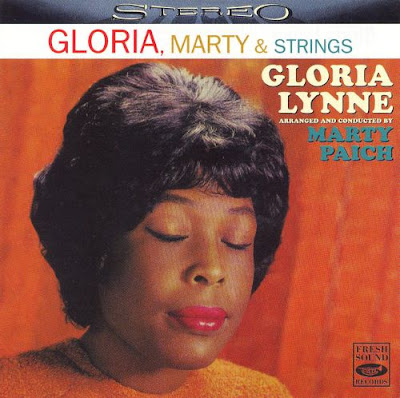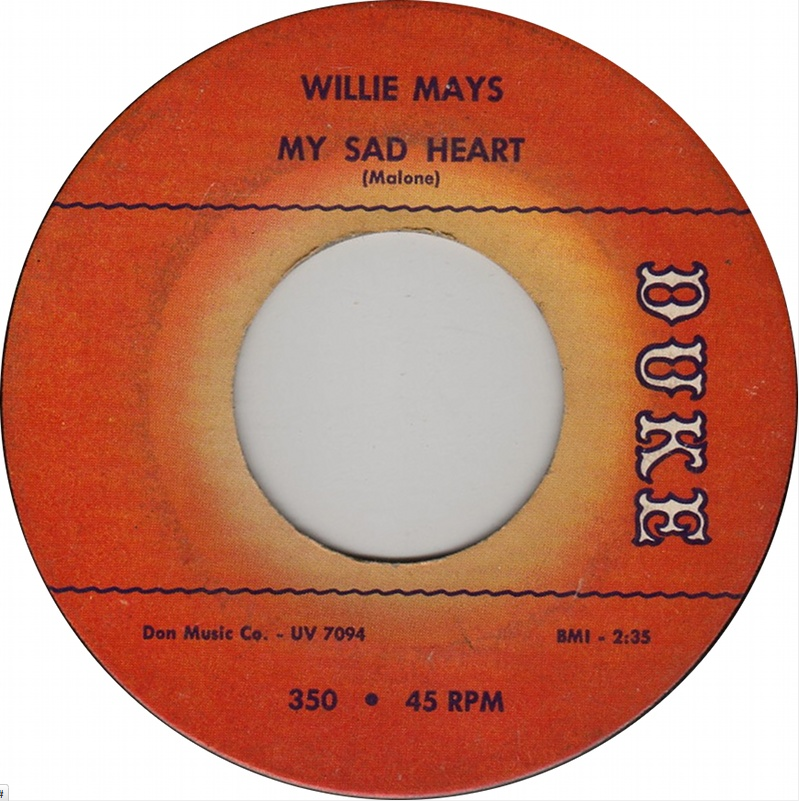
“Steal Away” (1964) – Jimmy Hughes * Written by Jimmy Hughes * 45: “Steal Away” / “Lolly Pops, Lace and Lipstick” * Produced by Rick Hall * Label: Fame
From Leighton, Alabama, Jimmy Hughes was Percy Sledge’s cousin, and his soaring, imploring “Steal Away” (which includes the disquieting line “your folks are sleeping, let’s not waste any time”) found its way into Billboard’s Top 20 in 1964. This was one of producer Rick Hall’s early successes for the FAME Studio in Muscle Shoals – the first hit, in fact, to be recorded in that building. The song would naturally influence plenty of soul yet to come and help shape the Muscle Shoals sound, but it also bore the unmistakable musical imprints of the Southern gospel standard “Steal Away to Jesus,” written in the mid-1800s by a former slave named Wallace Willis.
Category: 1960-1964
“Across the Street” (1964) – Lenny O’Henry
“Across the Street” (1964) – Lenny O’Henry * Written by Bob Crewe, Charlie Calello, and Valmond J. Harris, Jr. * 45: “Across the Street” / “Saturday Angel” * Produced by Bob Crewe * Arranged by Charlie Calello * Label: Atco
Lenny O’Henry (the stage name for Daniel Cannon) sings about a party across the street he’s not invited to, but you imagine everyone there dancing to the irresistible song he’s singing. That gives it a surreal aspect; so does the gurgling organ solo you won’t ever forget. Co-written and produced by Bob Crewe for Atco, the record didn’t chart any higher than #98, but it’s now one of those songs alternately categorized according to audiences that later embraced it, so consider it either Carolina Beach or (British) Northern Soul, origins be damned.
“Folks Who Live on the Hill” (1963) – Gloria Lynne

“Folks Who Live on the Hill” (1963) – Gloria Lynne * Written by Jerome Kern and Oscar Hammerstein II * LP: Gloria, Marty and Strings * Produced by Murray Cohen * Arranged by Marty Paich * Label: Everest
Peggy Lee’s 1957 version of this late thirties song (from the movie High, Wide and Handsome) is a classic, but the underappreciated Gloria Lynne sings with enough authority on her 1963 recording to give it definitive status. Marty Paich’s arrangement is a work of sublime beauty, with a French horn intro that likely informed David Rose’s theme for Little House on the Prairie, the long-running ’70s-’80s TV drama depicting the agonies and ecstasies of a pioneer family. Surely the opening sequence of the Ingalls family traveling on a hilltop to their “little house” got Rose thinking about Lynne’s and Paich’s take on a similar subject.
“My Sad Heart” (1962) – Willie Mays

“My Sad Heart” (1962) – Willie Mays * Written by Deadric Malone * 45: “My Sad Heart” / “If You Love Me” * Label: Duke
Released the same year Willie Mays’s San Francisco Giants lost a hard-fought seven-game World Series to the New York Yankees, this 45 is almost certainly by a different Willie Mays. The actual singer, though, is difficult to trace. Did he really share the name of the Say Hey Kid or did he use a pseudonym as some sort of sales ruse? In spite of its lack of a strong title hook, the record sounds like something Sonny Til and the Orioles could have done. Writer credits went to Deadric Malone, an acknowledged pseudonym for Houstonian Don Robey, who owned the Duke-Peacock label empire. Eight years before this, the actual baseball Mays really did lend his voice to a 1954 single with the Treniers (“Say Hey (The Willie Mays Song)”).


